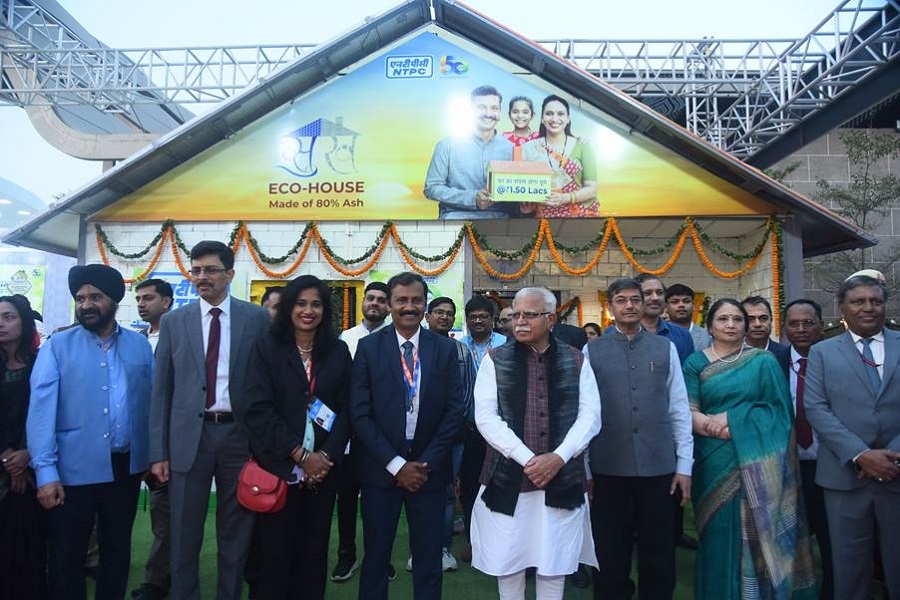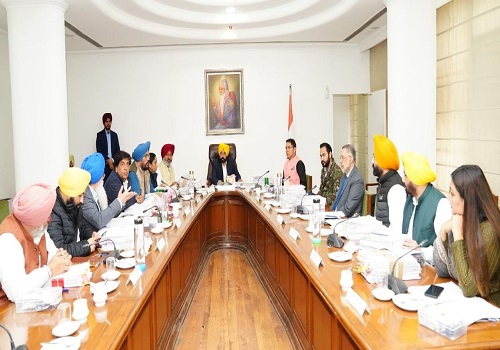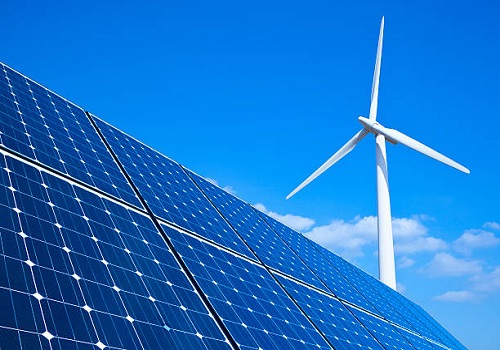US announces fusion tech clean energy breakthrough for warming world

Follow us Now on Telegram ! Get daily 10 - 12 important updates on Business, Finance and Investment. Join our Telegram Channel
The US on Tuesday announced a breakthrough in clean energy for a warming globe through fusion technology that could transform the way the world is powered, imitating the process that makes the sun and stars shine.
White House Science and Technology Policy Director Arati Prabhakar called it "an engineering marvel beyond belief".
"This is such a wonderful example of a possibility realised, a scientific milestone achieved, and a road ahead to the possibilities for clean energy," she said at the announcement in Washington.
Fusion technology is the process by which two or more smaller atoms are combined or fused into a bigger one and in nature, it is how the sun and stars are powered.
What makes the breakthrough achieved at the National Ignition Facility (NIF) of the Lawrence Livermore Nuclear Laboratory (LLNL) a gamechanger is that it produced more energy than it used for lasers to create fusion, unlike in current energy production methods that consume more power than they put out.
Scientists Robbie Scott with the Central Laser Facility (CLF) Plasma Physics Group who was involved in the research explained to Science Media said that it is "a bit like striking a match (and) with this experiment the match kept burning" and "fusion has the potential to provide a near-limitless, safe, clean, source of carbon-free baseload energy".
The administration of President Joe Biden has promoted the breakthrough as a momentous step forward in its push for fighting climate change by reducing the use of fossil fuels that currently produce most of the energy.
Energy Secretary Jennifer Granholm said that it "will help us solve humanity's most complex and pressing problems, like providing clean power to combat climate change".
But, LLNL Director Kim Budil said that it would take a few decades of research to make power plants using the technology.
It would not take 50 or 60 years, "but probably with concerted effort and investment, a few decades of research on the underlying technologies could put us in a position to build a power plant", she said.
National Nuclear Security Administration (NNSA) Defence Programmes Deputy Administrator Marvin Adams said the breakthrough also had military applications.
It would enhance defence capability by testing nuclear weapons without having to carry out explosions and demonstrate the nuclear technology superiority of the US, he said.
Unlike in current nuclear energy production that uses fission technology, which splits atoms, fusion does not create dangerous nuclear waste and scientists say that there would be no danger of radioactive leads.
The experiment at the NIF on December 5 that demonstrated the fusion capability focused 192 powerful laser beams at a pea-sized container with frozen hydrogen.
The laser beams' energy was converted into x-rays that squeezed the hydrogen until it imploded releasing energy.
LLN said that the 2.05 megajoules (MJ) of energy used to set off the process delivered 3.15 MJ of fusion energy output.
There are two competing ways to achieve fusion, one with magnetic energy and the using lasers.
Now the laser method has achieved the breakthrough of producing more energy than is used to produce it.
Stephane Dujarric, the spokesperson for UN Secretary-General Antonio Guterres said that "it is an extremely important development in the fight against climate change".
But noting that the application of fusion technology will take time, he added that it should not curtail the current efforts to contain climate change.
At the announcement, Prabhakar recalled that as a 19-year-old intern at the LLNL she had worked for three months "on this fun laser" in 1978.
She recalled that scientists told her, "We think that if you point enough lasers at a pellet of fuel, we want to see if we can get more energy released from fusion than the amount of energy that the lasers deliver into that palette".
And it has taken decades since to achieve it.
























